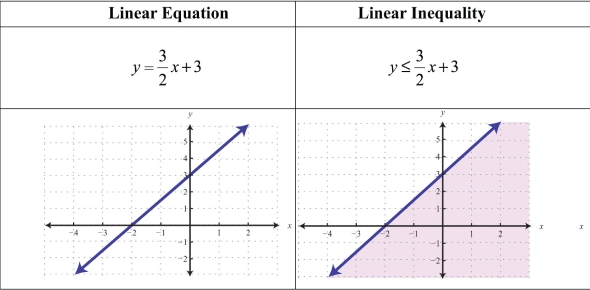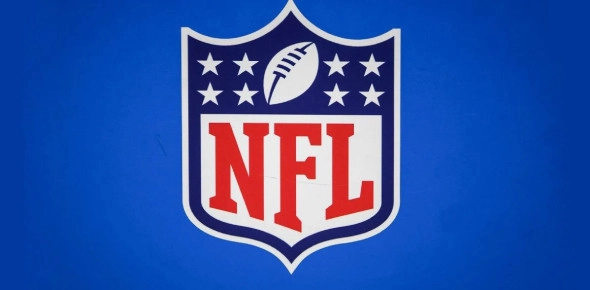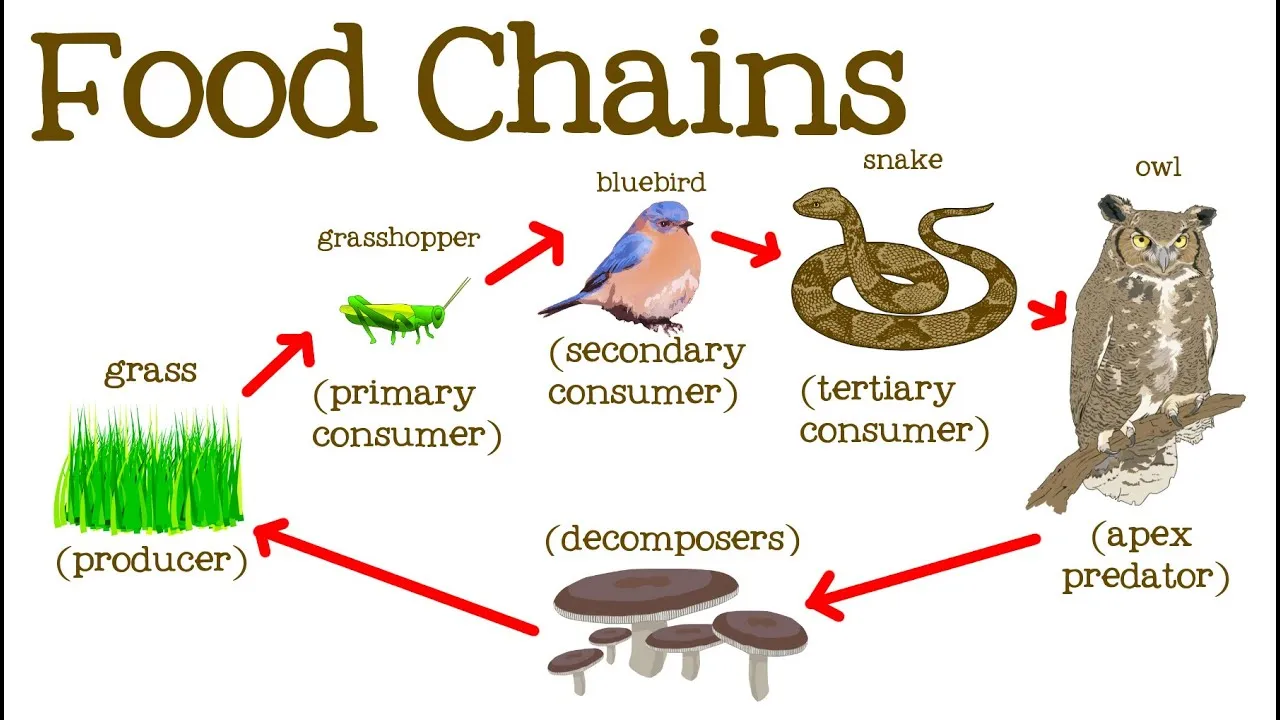
Challenge your linear inequality skills with our Ultimate Trivia Quiz! Perfect for students and professionals alike, test your knowledge and discover your proficiency level today.
Questions and Answers
What's inside the Mastering Linear Inequalities: Ultimate Trivia Challenge quiz
Which of the following represents the inequality y ≤ 2x + 3?
Which graph represents the inequality x + y ≤ 5?
What is the boundary line for the inequality y > -x + 2?
Graph the inequality x ≤ 3 on a number line. Which point should be included?
Quiz description
Test Your Knowledge on Linear Inequalities
Are you ready to challenge your understanding of linear inequalities? This quiz is designed to assess your skills and help you identify areas for improvement. Whether you're a student preparing for an exam or someone looking to brush up on career-related math skills, this quiz is perfect for you.
Why Linear Inequalities Matter
Linear inequalities are fundamental in various fields, including economics, engineering, and computer science. They help in modeling real-world scenarios where constraints exist, such as budgeting, resource allocation, and optimization problems.
What to Expect
- Varied Questions: The quiz covers a range of topics from basic solving techniques to graphing inequalities.
- Skill Assessment: Determine your proficiency level and understand where you stand.
- Learning Opportunity: Gain insights into areas that may require further study.
Get Started
Take the quiz now to evaluate your linear inequality skills. Remember, practice makes perfect!











